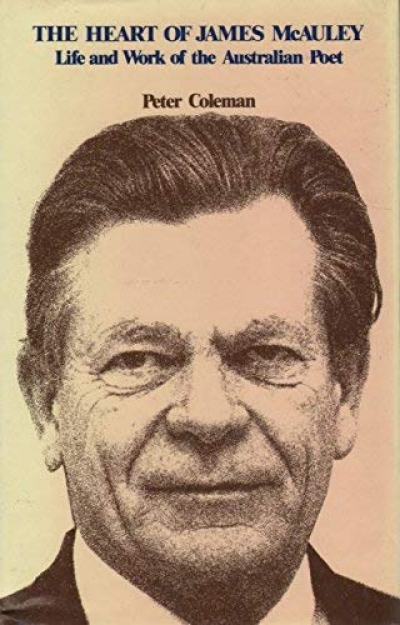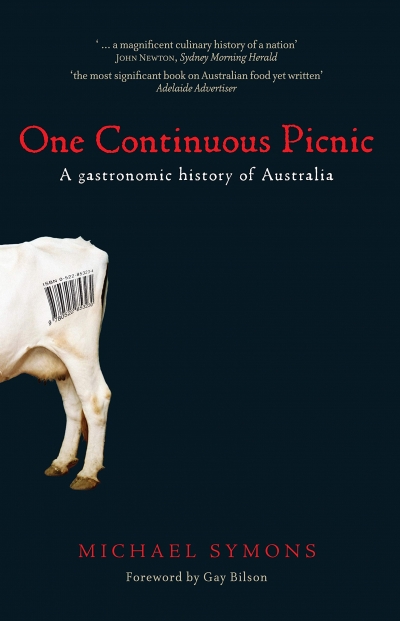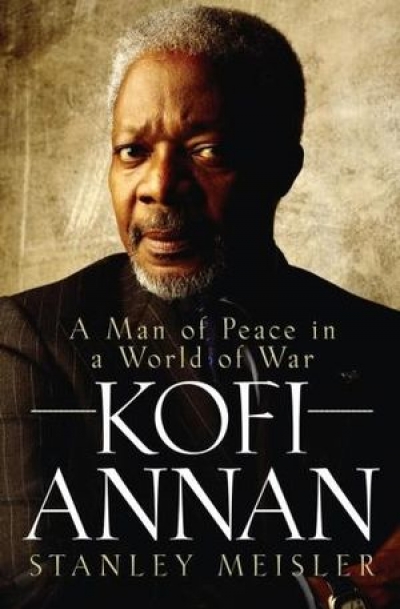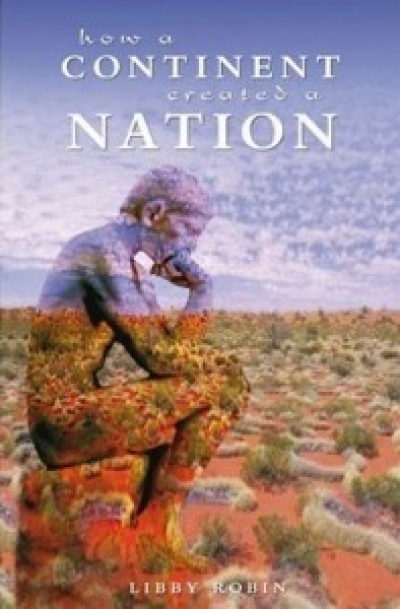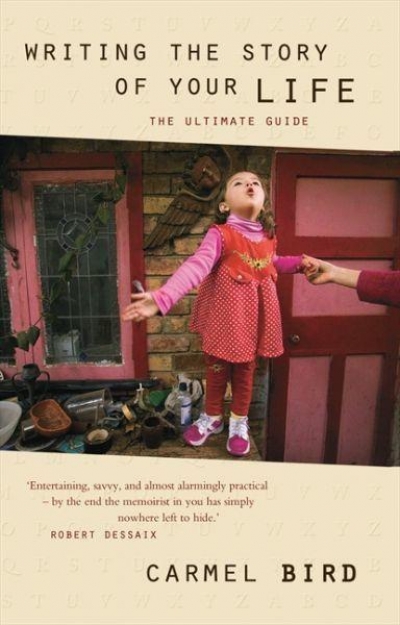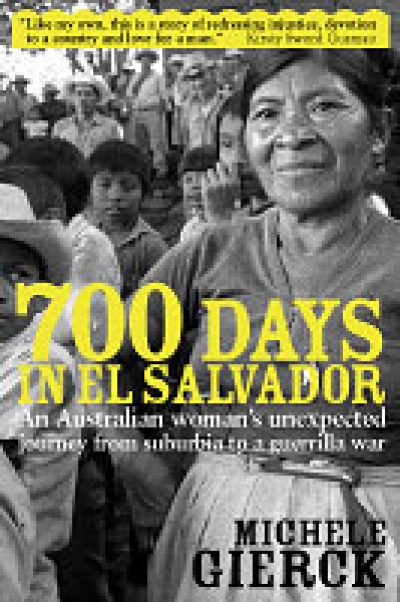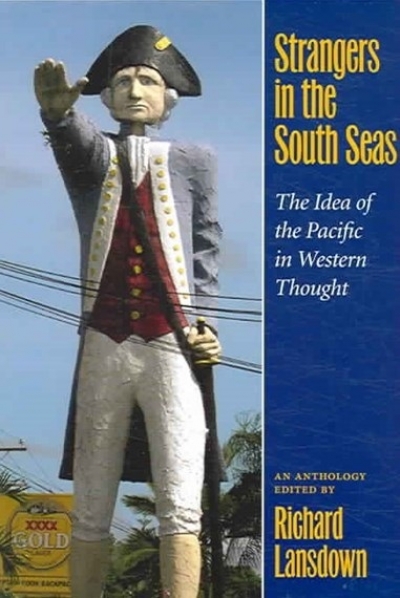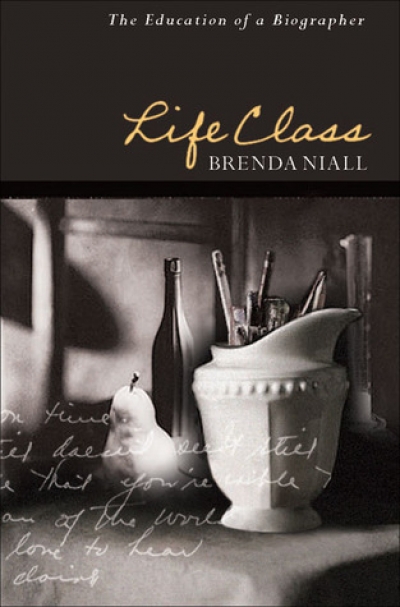Archive
Silencing Dissent: How the Australian government is controlling public opinion and stifling debate edited by Clive Hamilton and Sarah Maddison
by Norman Abjorensen •
Mortgage Nation: The 2004 Australian Election edited by Marian Simms and John Warhurst
by Clement Macintyre •
One Continuous Picnic: A gastronomic history of Australia by Michael Symons
by Leo Schofield •
Kofi Annan: A man of peace in a world of war by Stanley Meisler
by Alison Broinowski •
Writing The Story Of Your Life: The ultimate guide by Carmel Bird
by Shirley Walker •
Strangers in the South Seas: The idea of the Pacific in western thought edited by Richard Lansdown
by Kate Darian-Smith •

